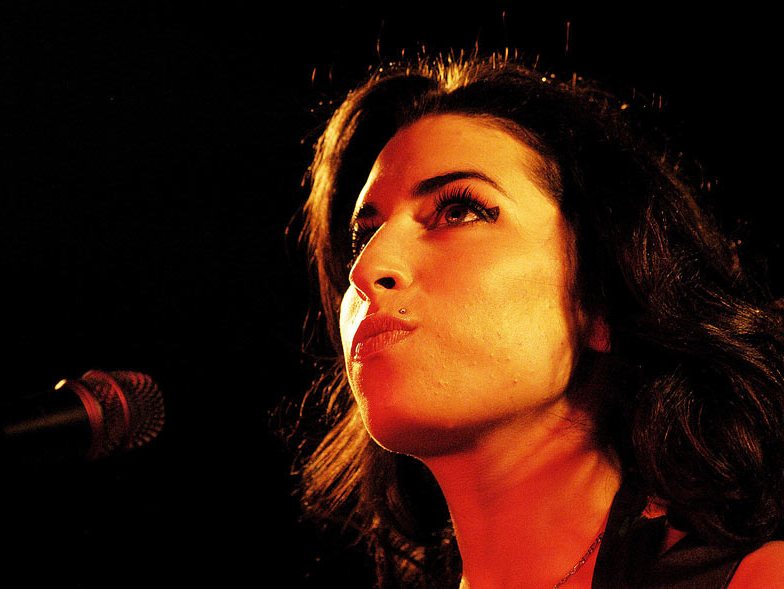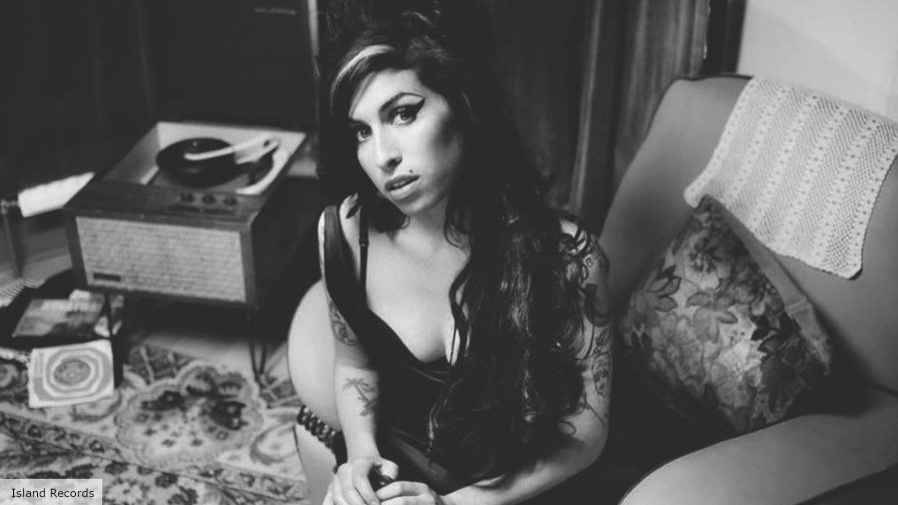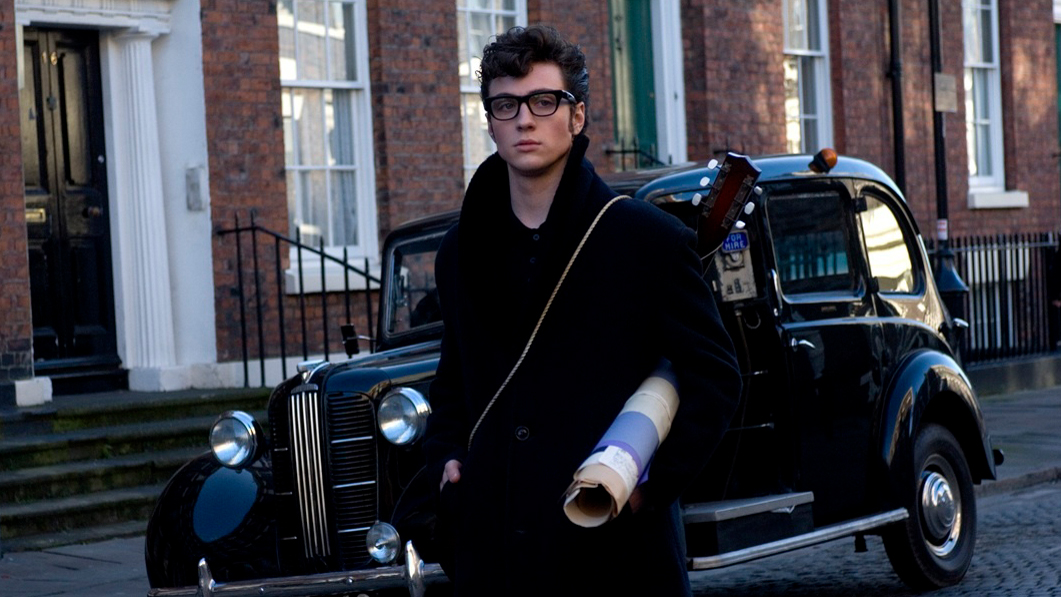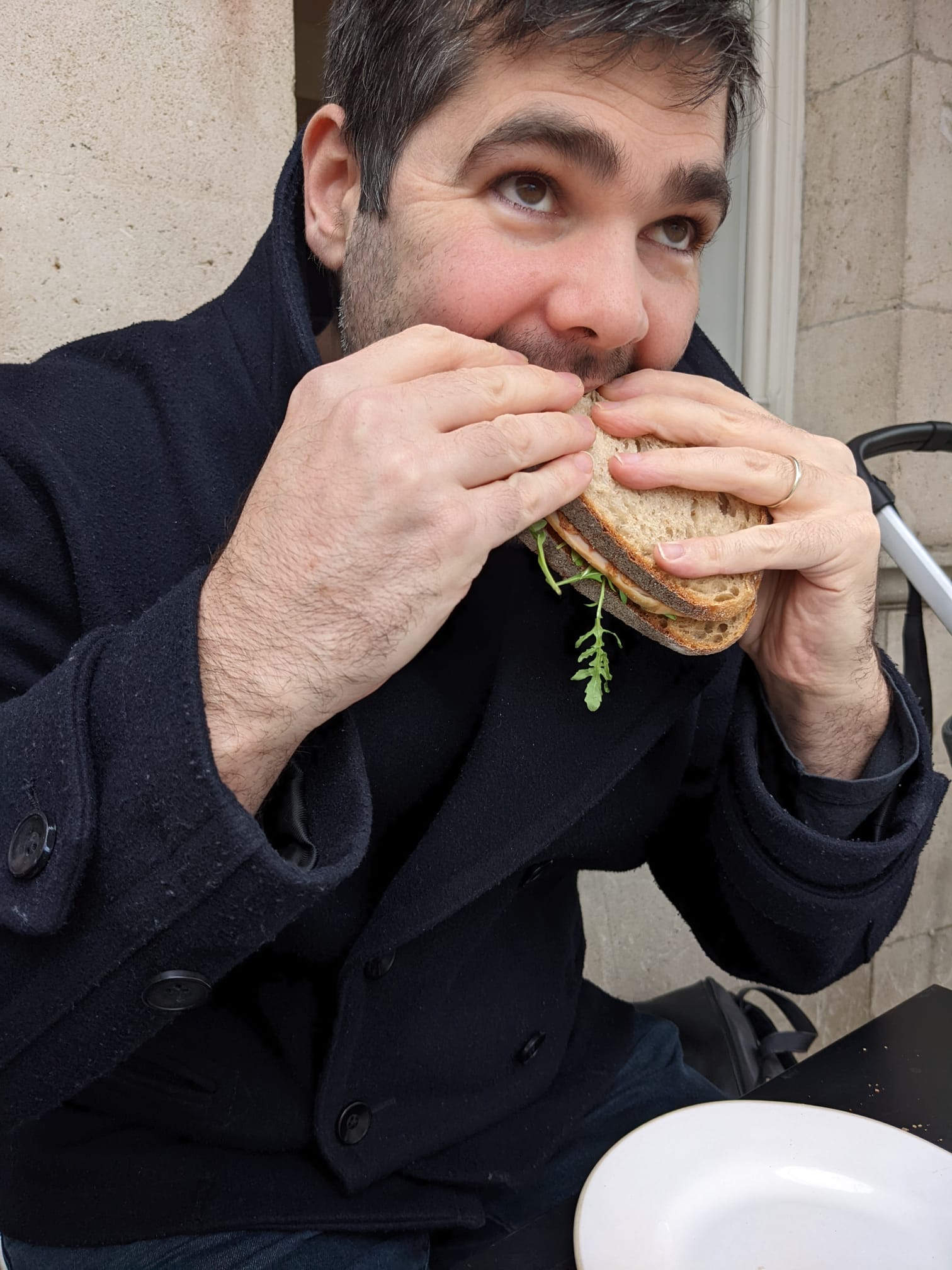Unless it solves these problems, the Amy Winehouse biopic will be a disaster
Opinion: Be more Control and less Bohemian Rhapsody

Sign up for breaking news, reviews, opinion, top tech deals, and more.
You are now subscribed
Your newsletter sign-up was successful
Various filmmakers and producers have been trying to get an Amy Winehouse biopic made for almost a decade now, but the movie finally looks like it's happening.
The first attempt was back in 2015 when The Girl With The Dragon Tattoo and Prometheus star Noomi Rapace was booked to lead a biopic with August Rush director Kirsten Sheridan behind the camera. Those attempts ultimately came to nothing, but in 2018, producers Alison Owen and Debra Hayward came on board and partnered with the Amy Winehouse Foundation to take the project forward.
There's been little chatter about the project in the years since, but this week it was confirmed that Sam Taylor-Johnson, director of Fifty Shades Of Grey, has been secured to take the movie forward, with casting set to begin soon.
The movie will be titled Back To Black after Winehouse's iconic album of the same name and has a script from Matt Greenhalgh, who has most recently worked on the BBC's harrowing soccer drama Floodlights as well as 2017's Film Stars Don't Die In Liverpool. Winehouse's estate have given their approval to the project and the singer's songs are available for use.
The announcement of Taylor-Johnson's involvement has not been universally applauded, with many Winehouse fans questioning why the movie needs to be made at all with Asif Kapadia's brilliant and utterly heartbreaking documentary Amy already existing.
I'm sure Taylor-Johnson, Owen and Hayward would all argue the same thing: that Winehouse's music and her legacy deserves to live on and be introduced to a whole new generation, and this is one way to help in that process. However, biopics, and especially biopics of musicians, are a very tricky thing to get right, and most of the time, they miss the mark.
Amy Winehouse's story will be particularly difficult to capture. Tragically, she died at 27, after a five-year-period that had seen her release one of the greatest albums ever recorded, achieve worldwide success and fall into a terrible spiral of drink and drug addiction that would ultimately lead to her death in 2011.
Sign up for breaking news, reviews, opinion, top tech deals, and more.
I was on the news desk at NME in the summer of 2011, when Winehouse tried to cast off year's worth of negative headlines and get back on tour. I remember coming to work to see YouTube footage of the tour's opening night in Belgrade, when she was booed off the stage, too drunk to perform, and how sad it all felt. She canceled the tour four days later, and, just over a month after that, addiction would claim her life.

How that struggle is portrayed will be crucial to the movie's authenticity. You can handle it tastefully, but you can't shy away from it. Nor can you shy away from the toxic relationship with Winehouse's ex-husband Blake Fielder-Civil. Their initial break-up inspired all those incredible songs, but the pair's relationship was violent and fueled both their addictions.
How Greenhalgh and Taylor-Johnson square all this will be crucial to the movie's success. The pair do have form, Greenhalgh wrote 2007's superb and unflinching Control, which re-told the tragic story of Joy Division and their frontman Ian Curtis, while Greenhalgh and Taylor-Johnson then collaborated on 2009's Nowhere Boy, which starred Taylor-Johnson's now husband Aaron as the young John Lennon.
Their track record is promising, but I feel genuinely torn about the prospect of an Amy Winehouse biopic. Those songs deserve a movie and deserve to live on with a new generation, but there are a number of pitfalls to be avoided at all costs. Here are the three key ones.
1. Find the right balance
All filmmakers are faced with the same problem when it comes to putting musicians' lives on film. For the movie to feel authentic, you really need the songs, but the songs are either owned by the musician themselves if they're still with us or by the musician's estate. The estate can then demand approval on the movie's script and final cut and no-one likes seeing their daughter or son or brother or father doing things they should not be.
With Nowhere Boy, Taylor-Johnson avoided the tricky, and no doubt rather expensive problem of licensing The Beatles' song by stopping the story before Lennon recorded any music with the band. And, while Lennon's widow Yoko Ono and Paul McCartney were consulted, the movie did not come with The Beatles' stamp of approval.

For Winehouse's story, her estate's involvement could be problematic. Winehouse's father, Mitch played a very active role in her career, especially during her teenage years. In Kapadia's documentary, her father, Fielder-Civil and her manager Raye Cosbert come off very badly, which angered Mitch Winehouse so much that he actually commissioned Reclaiming Amy, a documentary riposte to Kapadia's film.
When the singer's life was falling apart in public, Winehouse's father was giving newspaper interviews, he had his own online TV show, and frequently went on daytime TV to talk about his daughter. He's subsequently released three albums of his own.
How that relationship is handled will be difficult. With the Queen biopic Bohemian Rhapsody, with a huge box office hit, the pizazz and charm where taken out of Freddie Mercury's story. The singer's love life, his legendary appetite for a party and his taste for excess were all avoided. Why? Because the other three members of Queen were producers and had approval on everything. Without them, no music, and imagine Bohemian Rhapsody with no Queen songs.
Winehouse's story is a tragedy. There's no getting away from that. Making sure how she really lived and behaved is on screen may well be a battle for Taylor-Johnson.
2. Cast an unknown
Greenhalgh and director Anton Corbijn got this pitch-perfect with Control when they plucked Sam Riley from relative obscurity and put him front and center. They need a similar approach with Back To Black.
The good news is they've got Nina Gold to find the right actress. Gold cast Game Of Thrones, she found all the key roles for The Crown, and picked out John Boyega and Daisy Ridley for Star Wars.
It's no good plucking someone from Euphoria or Sex Education, this arrival needs to be like Ridley in The Force Awakens and Emma Corrin with Princess Diana in The Crown, this needs to be how we meet them for the first time. There's enough going on with Winehouse's story already to be casting another role out of your mind. Gold needs to find an exciting newcomer, but she does have form, ask Emilia Clarke or Maisie Williams.

3. Let her sing
While there is no-one on Earth who will be able to recreate Winehouse's voice, it's important that Taylor-Johnson allows them to try and sing those songs. Watching someone mime to a tape takes away from the experience, you need a performance, you need them to become the character, you need everything.
Greenhalgh struck the right balance with Control. Sam Riley's voice isn't a carbon copy of Curtis' distinctive vocals, but it commands the movie. All the best performances in biopics feature this, Joaquin Phoenix went all in as Johnny Cash, so did Taron Egerton as Elton John. If you want to watch Amy Winehouse sing, there's lots of footage, it's vital whoever gets the part gets to sing too.

Tom Goodwyn was formerly TechRadar's Senior Entertainment Editor. He's now a freelancer writing about TV shows, documentaries and movies across streaming services, theaters and beyond. Based in East London, he loves nothing more than spending all day in a movie theater, well, he did before he had two small children…